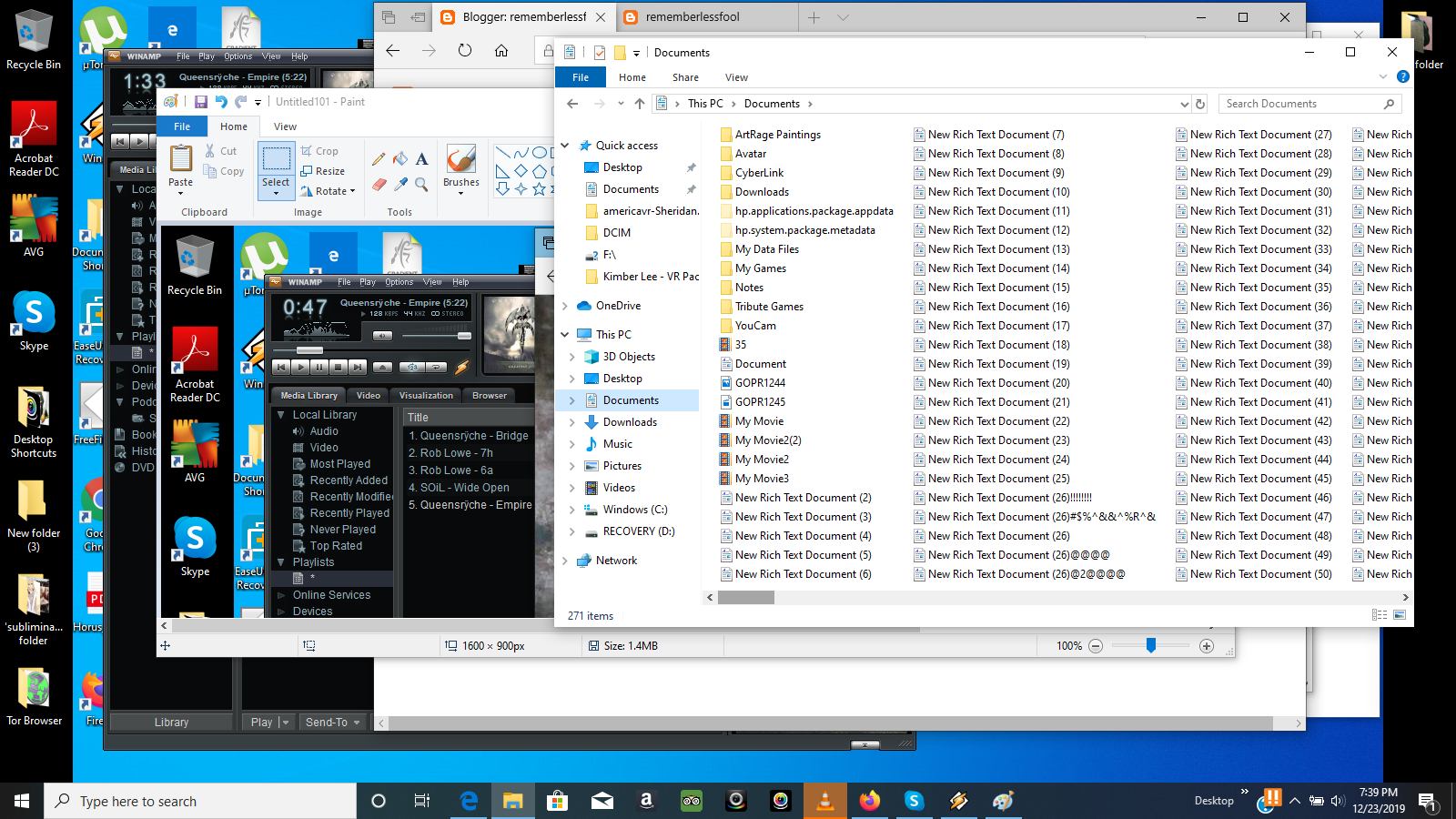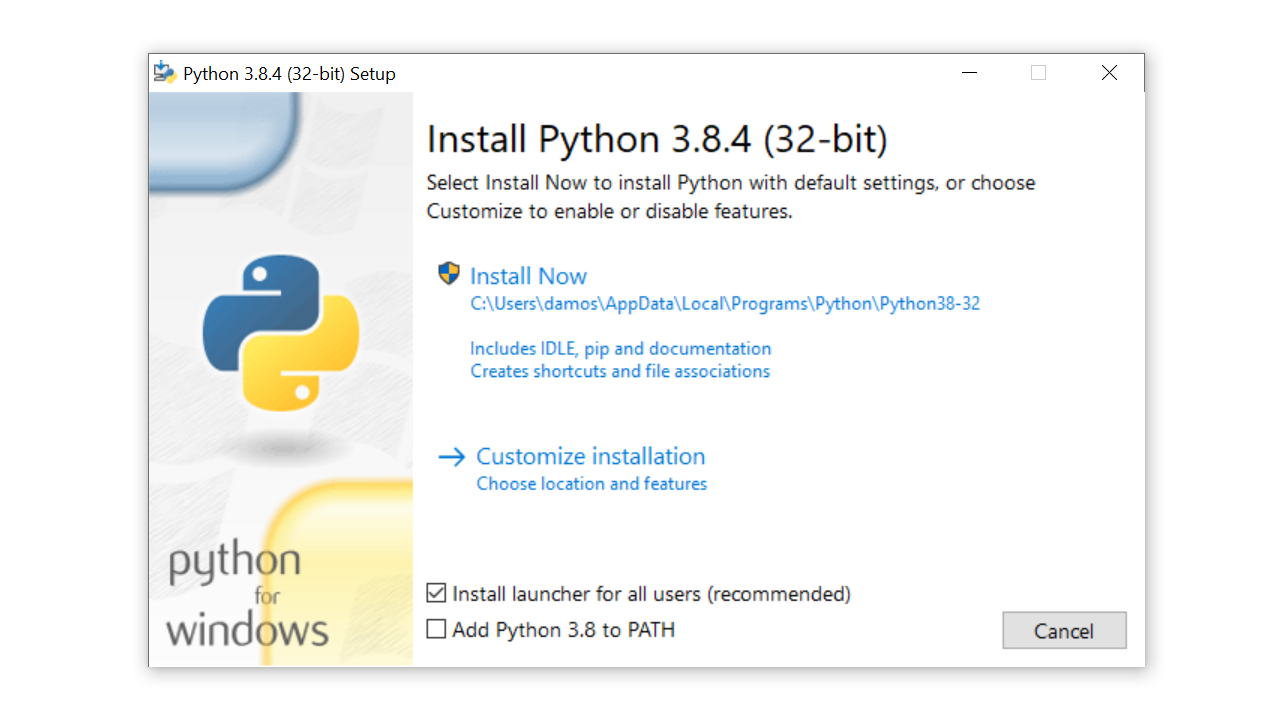We highly recommend that you use the new Aerial Companion for install. It will automatically install, and update, your screensaver. You can choose whether updates should happen automatically in the background, or if you prefer to be notified. You can also pick whether you want an icon in the menu bar to notify you or not! And you bet it's open source!
- Application Cannot Find Library Installed By Brewing Company
- Application Cannot Find Library Installed By Brewery
- Installing the Windows binary. Download vips-dev-w64-web-x.y.z.zip from the Download area and unzip somewhere. At the command-prompt, cd to vips-x.y.z/bin and run (for example): If you want to run vips.exe from some other directory on your PC, you’ll need to set your PATH. The zipfile includes all the libraries and headers for developing with.
- Seems to be fixed in development version. I was having the same problem installing from CRAN, but devtools::installgithub('r-lib/xml2') works. (I'm running macOS Mojave 10.14.4 and package management is primarily through home brew but I have Xcode installed through the App Store.).
Options were passed to the install command, i.e. Brew install will use a bottled version of the formula, but brew install -enable-bar will trigger a source build. The -build-from-source option is invoked. The machine is not running a supported version of macOS as all bottled builds are generated only for supported macOS. Instead, the Brew application is compiled to native code and linked with a compatible Brew runtime library. Because of this, applications cannot be tested for platform bugs related to memory alignment and various firmware related glitches without a Brew handset operating in test mode. Source /.bashprofile brew update Install Python using Homebrew. Install the newest version of python through Homebrew. Brew install python3. And here’s a command to check the version of your.
Installing this way is super easy, the Companion is now available in a more familiar dmg format and it's really just a drag and drop :
Good question!
If you have used Aerial for a while, you may remember that in version 1.5.0, I had introduced an auto-update mechanism directly into the screen saver.
While this worked for a while, Apple introduced changes in how screen savers operate with macOS 10.15 Catalina. Those security changes are good and were needed, but they had the unfortunate consequence of breaking the auto-update mechanism.
While I still patiently wait for a new screen saver API from Apple, in the meantime, I ended up making this new Companion to fill the gap. It also makes the initial installation easier and gives you a quick access to your screen saver settings from the menu bar. And starting with version 1.2, you can also run Aerial fullscreen on one monitor while you keep working on the other one!
An ever better question!
The honest answer would be that there are never any certainty when it comes to security.
Some generalities, both the screen saver and the Companion app are signed and notarized by/with Apple, as its now required. They are signed with my personal Developer Apple ID (Guillaume Louel).
How does it work, technically speaking?
I store a manifest file on GitHub that contains the version number of the latest release, and also the sha256 of the releases. This is generated automatically on my Mac, after Aerial gets notarized for distribution and before I upload a new version on Aerial's releases page.
Periodically, Aerial Companion checks the manifest to see if a new version was released. When you decide to perform an update, the following happens:
- Aerial Companion uses the version number from the manifest to infer the download link from Aerial's repository (the download links are always of the same format, so version 1.9.2 will be available at https://github.com/JohnCoates/Aerial/releases/download/v1.9.2/Aerial.saver.zip)
- The zip file is downloaded to
~/Library/Application Support/AerialUpdater/ - The
sha256of the file is computed, and compared to the one from the manifest - The zip is unzipped in place, looking for
Aerial.saver Aerial.saveris verified (using macOS codesigning) to be using the correct Bundle ID (com.JohnCoates.Aerial>)Aerial.saveris verified (using macOS codesigning) to be signed/notarized with my Developer Apple ID.- If and only if everything checks out, then Aerial.saver gets copied to
~/Library/Screen Savers/(a directory that is created if you don't have it). This replaces your old version or install fresh if you didn't have any. At that point, the new version is installed and ready to go!
While nothing is ever perfect, these checks add many layers of security to the classical methods of just downloading a zip from GitHub. If you think this method can be improved further more, please let me know, the code of the Companion and the update system is reviewable and is open source right here on GitHub.
Most unix-like operating systems have libvips packages, check your package manager. For macOS, there are packages in Homebrew, MacPorts and Fink. ForWindows, there are pre-compiled binaries in the Download area.
Installing on macOS with homebrew
Install homebrew, then enter:
That will install vips with most optional add-ons included.
Installing the Windows binary
Download vips-dev-w64-web-x.y.z.zip from the Download area and unzip somewhere. At the command-prompt, cdto vips-x.y.z/bin and run (for example):
If you want to run vips.exe from some other directory on your PC, you’ll need to set your PATH.
The zipfile includes all the libraries and headers for developing with C withany compiler. For C++, you must build with g++, or rebuild the C++ API with your compiler, or just use the C API.
The vips-dev-w64-web-x.y.z.zip is built with a small set of relatively securefile format readers and can be used in a potentially hostile environment. Themuch larger vips-dev-w64-all-x.y.z.zip includes all the file format readersthat libvips supports and care should be taken before public deployment.
The Windows binary is builtby build-win64. This is acontainerised mingw build system: on any host, install Docker, clone the project, and type ./build.sh 8.5. The README has notes.
Building libvips from a source tarball
If the packaged version is too old, you might need to build from source.
Download vips-x.y.z.tar.gz from the Download area, then:
Check the summary at the end of configure carefully. libvips must havebuild-essential, pkg-config, glib2.0-dev, libexpat1-dev.
You’ll need the dev packages for the file format support you want. For basicjpeg and tiff support, you’ll need libtiff5-dev, libjpeg-turbo8-dev,and libgsf-1-dev. See the Dependencies section below for a full listof the things that libvips can be configured to use.
Once configure is looking OK, compile and install with the usual:
By default this will install files to /usr/local.
We have detailed guides on the wiki for building forWindows andbuilding for macOS.
Building libvips from git
Checkout the latest sources with:
Building from git needs more packages, you’ll need at least gtk-doc and gobject-introspection, see the dependencies section below.
Then:
And perhaps also:
Dependencies
libvips has to have glib2.0-dev and expat. Other dependencies areoptional, see below.
Optional dependencies
If suitable versions are found, libvips will add support for the followinglibraries automatically. See ./configure --help for a set of flags tocontrol library detection. Packages are generally found with pkg-config,so make sure that is working.
Libraries like giflib do not usually use pkg-config so libvips looks forthem in the default path and in $prefix. If you have installed your ownversions of these libraries in a different location, libvips will not seethem. Use switches to libvips configure like:
libjpeg
The IJG JPEG library. Use the -turbo version if you can.
libexif
If available, libvips adds support for EXIF metadata in JPEG files.
giflib
The standard gif loader. If this is not present, vips will try to load gifsvia imagemagick instead.
librsvg
The usual SVG loader. If this is not present, vips will try to load SVGsvia imagemagick instead.
PDFium
If present, libvips will attempt to load PDFs via PDFium. This library must bepackaged by https://github.com/jcupitt/docker-builds/tree/master/pdfium
If PDFium is not detected, libvips will look for poppler-glib instead.
poppler-glib
The Poppler PDF renderer, with a glib API. If this is not present, vipswill try to load PDFs via imagemagick.

libgsf-1
If available, libvips adds support for creating image pyramids with dzsave.
libtiff
The TIFF library. It needs to be built with support for JPEG andZIP compression. 3.4b037 and later are known to be OK.
fftw3
If libvips finds this library, it uses it for fourier transforms.
lcms2
If present, vips_icc_import(), vips_icc_export() and vips_icc_transform()are available for transforming images with ICC profiles.
libpng
If present, libvips can load and save png files.
libimagequant
If present, libvips can write 8-bit palette-ised PNGs.
ImageMagick, or optionally GraphicsMagick
If available, libvips adds support for loading all libMagick-supportedimage file types. Use --with-magickpackage=GraphicsMagick to build against graphicsmagick instead.
Imagemagick 6.9+ needs to have been built with --with-modules. Most packagedIMs are, I think.
If you are going to be using libvips with untrusted images, perhaps in aweb server, for example, you should consider the security implications ofenabling a package with such a large attack surface.
pangoft2

If available, libvips adds support for text rendering. You need thepackage pangoft2 in pkg-config --list-all.
Application Cannot Find Library Installed By Brewing Company
orc-0.4
If available, vips will accelerate some operations with this run-timecompiler.
matio
If available, vips can load images from Matlab save files.
Application Cannot Find Library Installed By Brewery
cfitsio
If available, vips can load FITS images.
libwebp
If available, vips can load and save WebP images.
libniftiio

If available, vips can load and save NIFTI images.
OpenEXR
If available, libvips will directly read (but not write, sadly)OpenEXR images.
OpenSlide
If available, libvips can load OpenSlide-supported virtual slidefiles: Aperio, Hamamatsu, Leica, MIRAX, Sakura, Trestle, and Ventana.
libheif
If available, libvips can load and save HEIC images.